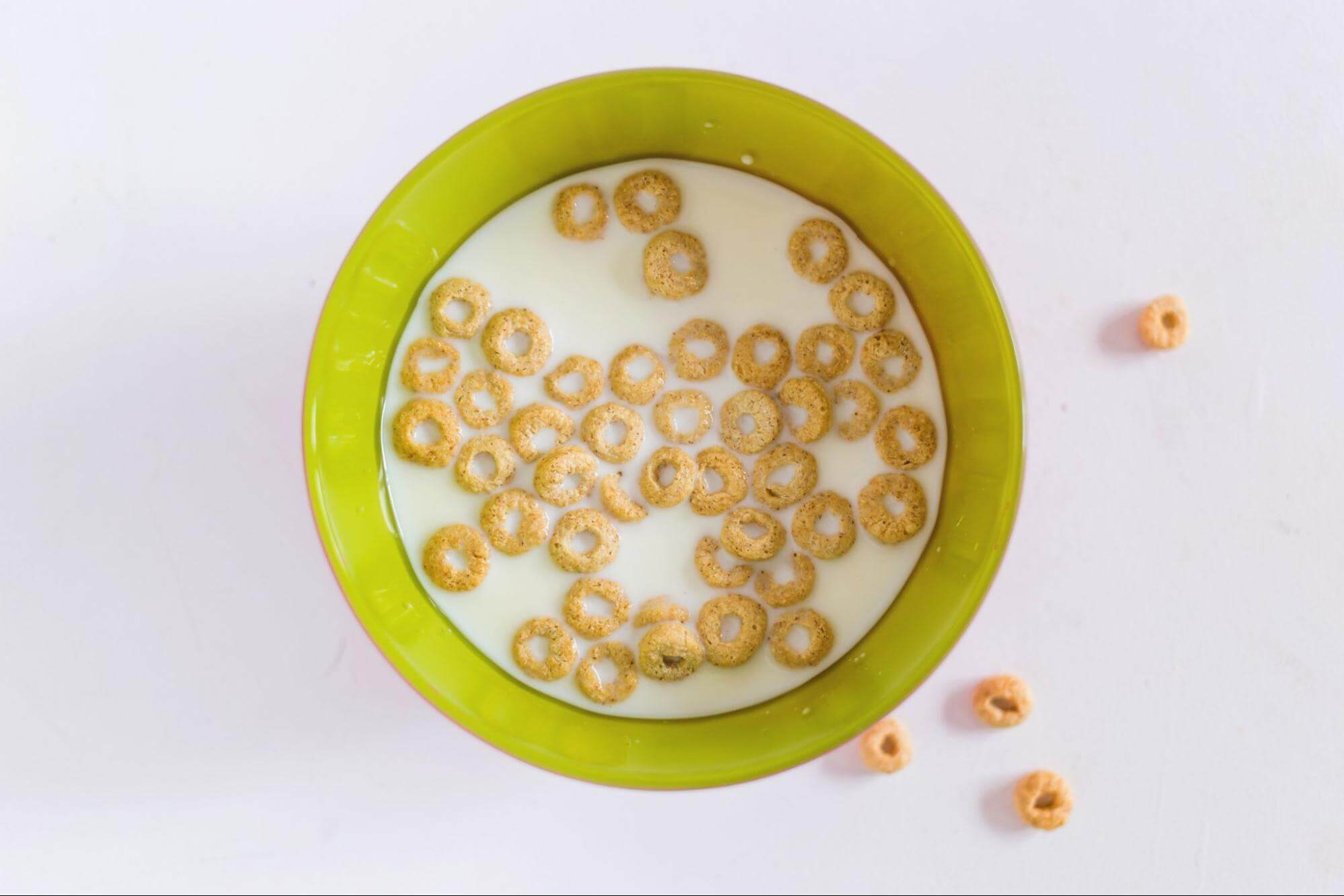While every child is unique and special, most children demonstrate specific skills or tasks by a certain age. These “developmental milestones” cover everything from physical growth, cognitive and language development, to social and motor development. Smiling for the first time, looking at your face, waving “bye-bye,” crawling, and taking the first step are all considered developmental milestones.
Why are developmental milestones important?
Developmental milestones are important markers to help you track your child’s developmental health. These milestones are used by parents, pediatricians, and many other care providers to ensure that your child is developing as expected, and can help identify and address delayed development to facilitate early interventions.
"Milestones are categorized around five major areas: physical growth, cognitive development, emotional and social development, language development, and sensory and motor development," explains Cari Whitlock, Licensed Clinical Psychologist and Neuropsychologist at Healthy Young Minds. "Milestones help you understand how your child learns and grows, and delays in any of these areas can result in mild to severe struggles at home and school. Proper assessment can lead to services that help your child reach their full potential."
How to track a 10-12 month old’s developmental milestones
Many pediatricians work from standardized forms to assess and track your child’s developmental milestones. As a parent, it’s important to keep track of the skills your child exhibits as they grow, since you are most familiar and involved in their day-to-day care. There are multiple tracking apps out there, including the Milestone Tracker App from the Center for Disease Control (CDC).
Child Development Milestones: 10-12 Months
Cognitive milestones |
|
Physical milestones |
|
Language milestones |
|
Social emotional milestones |
|
What are the cognitive milestones for a 10-12 month old?
At this age, your baby is learning a lot. They love to put objects in containers (toys in a bucket, clean-up time) and find hidden toys like a ball under a box. Babies love when you show them how things work, like putting a lid on their cup.
What are the physical milestones for a 10-12 month old?
At this age, babies are learning to use their bodies more. Your baby will probably need help to stand and will try standing on their own for a couple of seconds. They may feel comfortable walking with support by grabbing onto furniture or holding your hand. Your baby may drink from a cup without a lid while you hold it and pick up objects between their thumb and forefinger (Cheerios, buttons). Encourage movement – if your baby is crawling, crawl with them and find toys to push and pull together.
What are the speech and language milestones for a 10-12 month old?
Around 10-12 months, your baby is very interested in conversations. Babies are still mainly babbling but might use a couple of words they know the meaning of like ‘papa’ or ‘mama.’ Your baby will still point to express themselves and wave ‘bye bye’ when leaving. Your baby understands ‘no’ and will pause briefly as a reaction. Use everyday activities to talk with your baby – tell them what you’re doing and talk about what they are doing too.
What are the social and emotional milestones for a 10-12 month old?
At this age, your baby wants to play games with you (back-and-forth with a ball, pat-a-cake, hide toys) and may bounce to music or try to sing when you sing. Babies love looking at pictures in books and reading with you. At this age, babies are more aware of their own needs and may start to feel more comfortable around new people.
What if my child is not meeting milestones?
No one knows your child better than you. Always trust your gut. If your child is not meeting age-appropriate milestones, talk to your pediatrician.
Learn more about when you should worry about missing developmental milestones.
